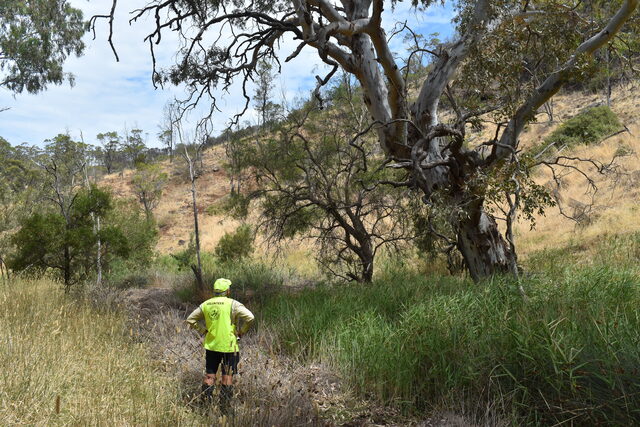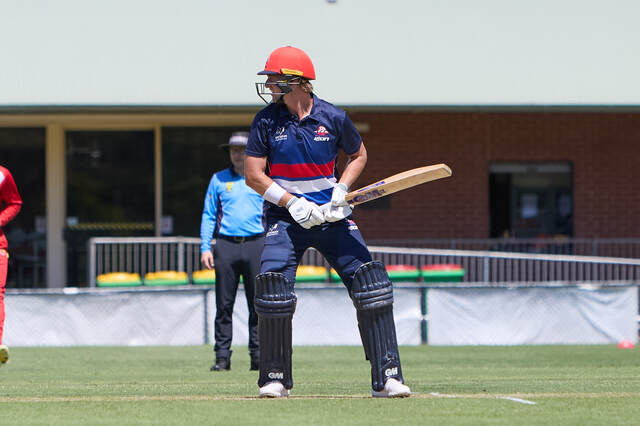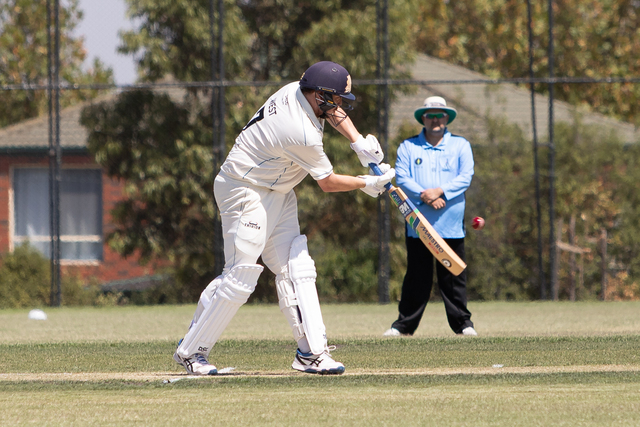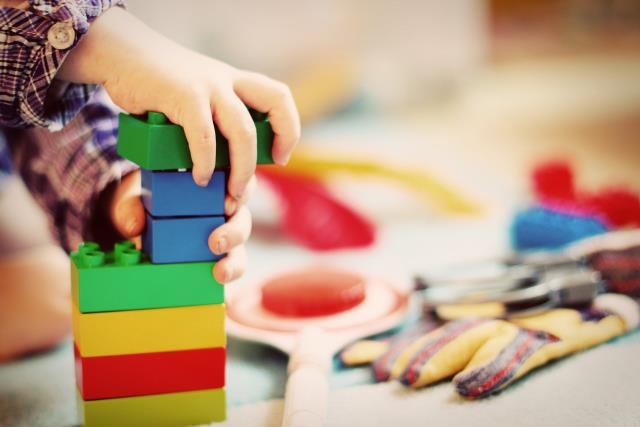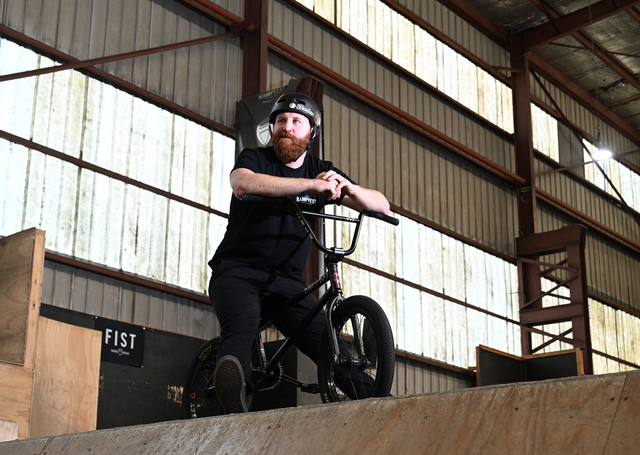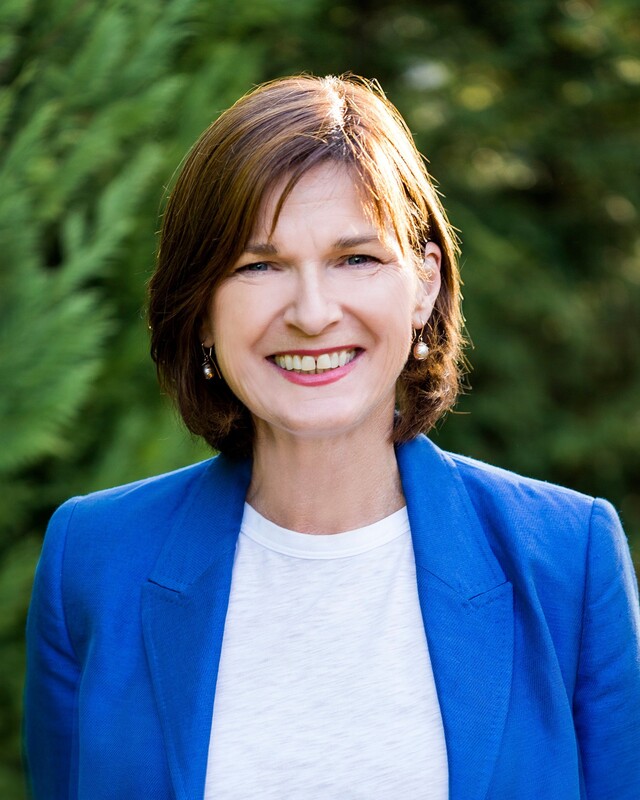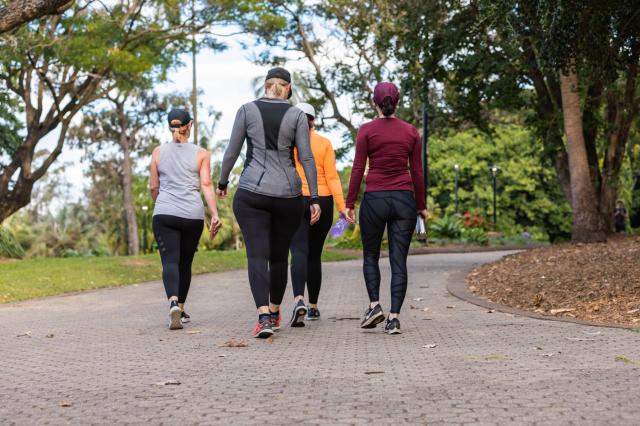Doctors didn’t expect Callee Petropoulous to ever walk, talk or live beyond the age of 12.
But the 24 year-old from Caroline Springs has defied all odds and continues to go from strength-to-strength.
Callee’s parents first knew something was wrong when she began to exhibit flu-like symptoms.
They took the then one-year-old to hospital where she was diagnosed with Aicardi syndrome, a rare neurological syndrome that predominantly affects females.
Callee also has scoliosis, an abnormal cerebellum, shorter limbs and an intellectual delay. Callee’s mum Debbie said much of the early years were a steep learning curve.
“When Callee was first diagnosed we had no idea about Aircardi syndrome and spent a lot of time researching and chatting with other families around the world,” she said.
“We spent her childhood engaging with early intervention, doctor’s appointments and paediatrician visits.”
Debbie says access to the National Disability Insurance Scheme (NDIS) has helped improve Callee’s development in recent times.
She partakes in regular speech therapy and physiotherapy.
“Because of the intensive speech therapy, Callee is now starting to say a couple of words,” Debbie said.
“The other day she went to say goodnight to my husband Jim, and she’d normally just put her head on him, but she said ‘bye dad’.
“My husband is a ‘blokey bloke’ who doesn’t always show his emotions easily but that day he had tears in his eyes.”
Callee also has access to support workers who help her get ready each morning and take her to regular activities including Zumba, bowling, lunches and to work every Tuesday where she volunteers at a local op shop.
She also takes part in a weekly literacy class for young adults with learning challenges.
“Callee’s now living her best life, she’s able to do what she wants to do, and there is a lot more freedom for us.”
December 3 is the International Day of People with Disability, which aims to promote the rights and wellbeing of persons with disabilities.



